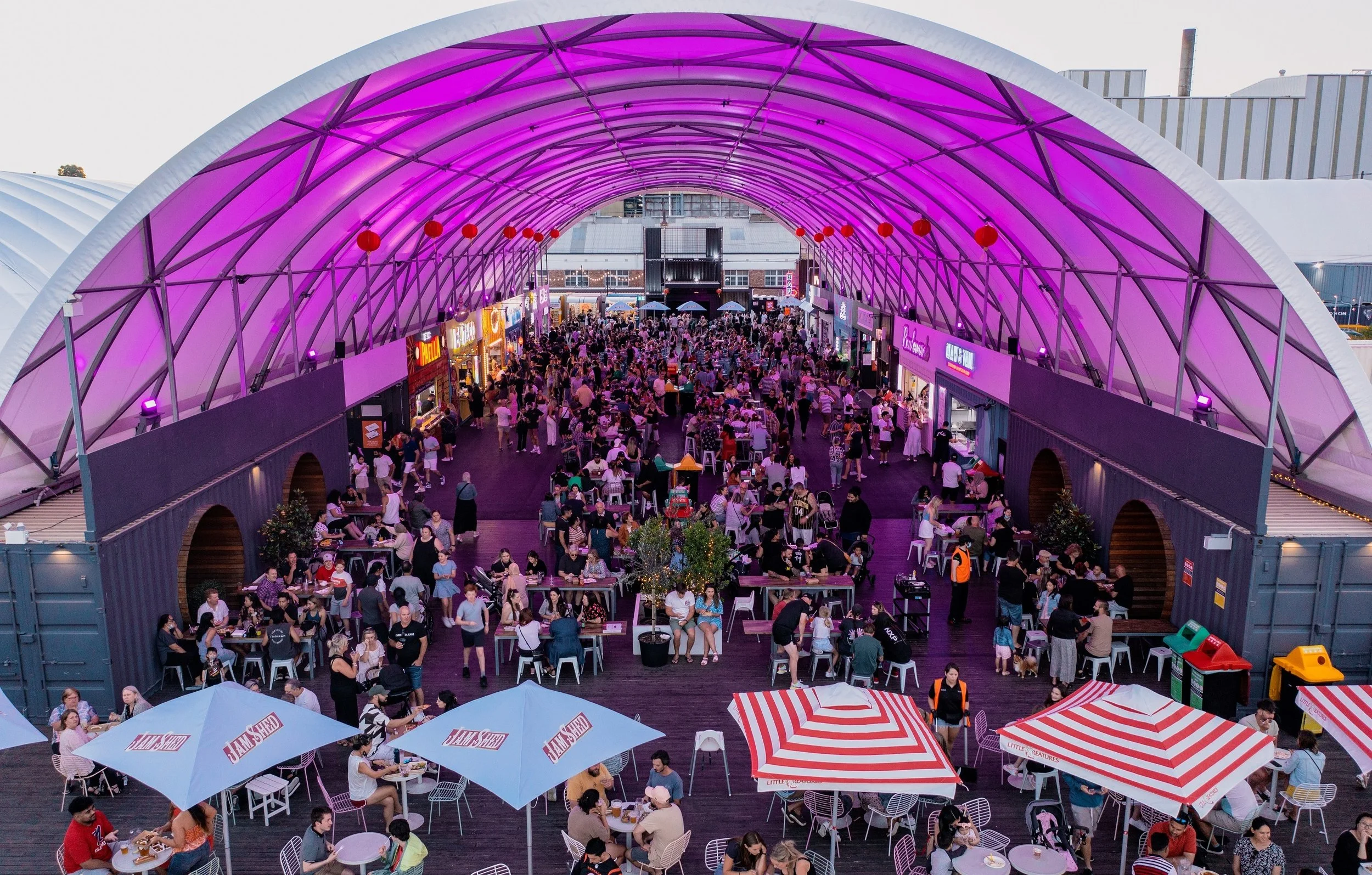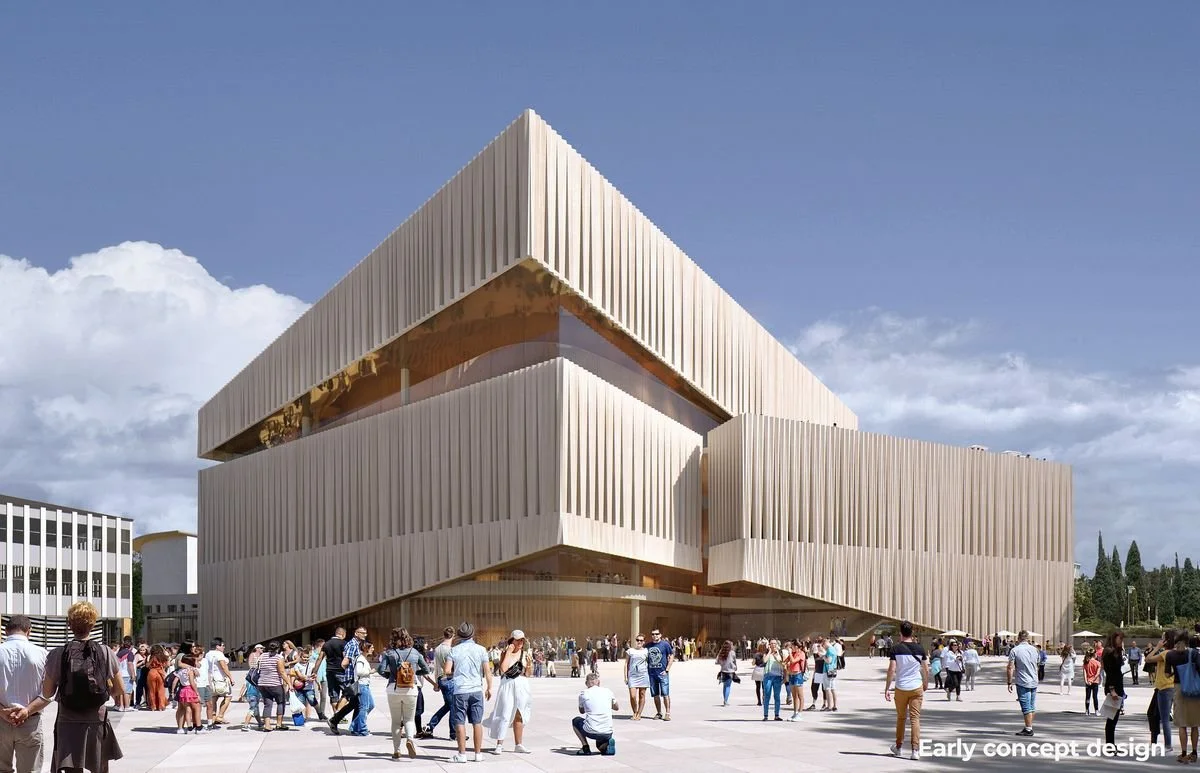What a huge year it has been in the world of Food & Hospitality Consulting.
Just over a year ago, we – Allan Forsdick, David Mallon and I (Ash Cooke) completed a management buyout of Future Food. After over 6 years as the Senior Consultant team researching, writing and presenting our recommendations to clients, stakeholders, executive and company boards – we have realised our ambition to drive Future Food forward under our stewardship.
From a workload perspective, we have seen an increase in pre-eminent and high-profile projects being awarded to Future Food. Our team has grown in size and stature, and we have finished the year on a high, completing an immense range of diverse food & hospitality consultancies over our first 12 months of management.
Future Food has experienced its largest shift since the pandemic, with a further diversification of consulting services and growth in sectors. As industry advocates, we could not be more upbeat about the opportunity to work with clients and F&B operators. A return to normality in the first full year of post-Covid conditions has been uplifting; there is an overall positivity that is being felt across the industry.
Our team has experienced the best of food service and hospitality on offer as we travelled extensively this year, visiting clients in all capital cities, regional centres and rural towns across Australia with international travel to New Zealand, North America and Asia. We are loving getting back out to see our clients and a range of projects that we have diligently consulted on over the past 4 years.
One of the real privileges of being a Food & Hospitality Consultant is being exposed to such an assortment of remarkable projects around Australia and across the world. There is no substitute for working each and every day on projects and being on site and immersed into the project, experiencing its working parts firsthand.
Breaking new F&B ground in Auckland — the ongoing Commercial Bay waterfront project, in conjunction with Future Food. Image credit: Warren and Mahoney
A Snapshot of Future Food 2023 Projects
To be able to reconnect with our amazing project ‘Commercial Bay’ in Auckland this year has been incredible, and we are so proud of the project outcome that Precinct Properties have achieved with this world-class precinct.
Celebrating the success of our client, All Saint’s Estate, with Kin being awarded “New Regional Restaurant of the Year” in the Good Food Guide 2024 awards. It is enlivening to see restaurants in regional Victoria lifting the bar and delivering such a quality restaurant and cellar door experience for Wahgunyah and the broader region.
Future Food continue to provide guidance and work closely with the Queen Victoria Market vendors on F&B operational and design standards. Image credit: Queen Victoria Market
Having our ‘Fresh Food & Specialty Produce’ Strategy endorsed by the Board of Queen Victoria Market, complementing the ‘Prepared Food’ Strategy that we successfully delivered for QVM back in 2020. The future of QVM is bright.
Being appointed as Crown Resort Melbourne's Food & Hospitality Consultancy, collaborating on the redevelopment of food and hospitality in one of Australia’s most iconic entertainment precincts.
The emergence of ‘Built To Rent’ developments and the significance they are placing on F&B as a key component of their value proposition and resident amenity. Working alongside reputable companies such as Gurner, Local Residential and Novus Property has been a privilege, and we look forward to many future developments in this space from 2024 onwards.
The new Sydney Fish Market – due to open in 2024. Image credit Sydney Fish Market
Working alongside Sydney Fish Market and their key stakeholders on the New Sydney Fish Market, currently under construction in Blackwattle Bay; due to open in 2024.
Our continued partnership with Royal Botanic Gardens Victoria as we further the new F&B strategy securing Curtis Stone Events for the Gardens on top of the Darling Group last year at The Terrace.
Joining the project team with Grimshaw on the development of 12 Apostles Visitor Centre on the Great Ocean road and masterplaning the food and hospitality across the highly anticipated and high volume centre.
Being selected to join forces with Duo Projects, Woods Bagot and Melbourne Racing Club for the ‘Caulfield Grandstand’ redevelopment as part of the overall Caulfield Racetrack regeneration project, further solidifying our position as leaders in food and hospitality planning within stadiums, grandstands and the sporting facility sector.
Working in partnership with leading Architectural company ‘Architectus’ and their client on the redevelopment of Canberra Theatre and establishing a tiered food and hospitality strategy across the many levels and venues in the precinct.
Leading a significant Hospitality & Catering EOI and Tender process on behalf of Museums Victoria to appoint a new partner to deliver catering, events and retail across Melbourne Museum, Science Works & Royal Exhibition Buildings.
The Canberra Theatre redevelopment will be a nationally significant destination for arts companies, artists and audiences in the heart of the city’s Civic and Culture District. Image credit: Architecture AU
Over the last 6 years Future Food has been driven by a diversification strategy providing a wider range of services across all sectors of hospitality to become a truly full-service hospitality consultancy firm. Our depth of experience across a wide range of projects and services gives us unparalleled capability to deliver the best outcomes for our clients’ projects.
The below infographic provides insight into the range and diversity of sectors that we have had the pleasure of consulting in for 2023. The size and flexibility of our team allows us to diversify and cross pollenate best practice across all of our consultancies.
Speaking more broadly, we have experienced a very enjoyable and prosperous year, building further proficiency in some niche areas and strengthening our reputation as food and hospitality market leaders in others. We have forged new partnerships and relationships with a host of new clients, whilst concurrently servicing our existing clients across their range of projects.
Regardless of sector, Future Food continues to apply the principles to maximise the value food and hospitality can bring to our clients’ projects and seek to establish best practice outcomes on each and every project we consult on.
We thank you for your support in 2023 and look forward to working with you again in the new year.



















